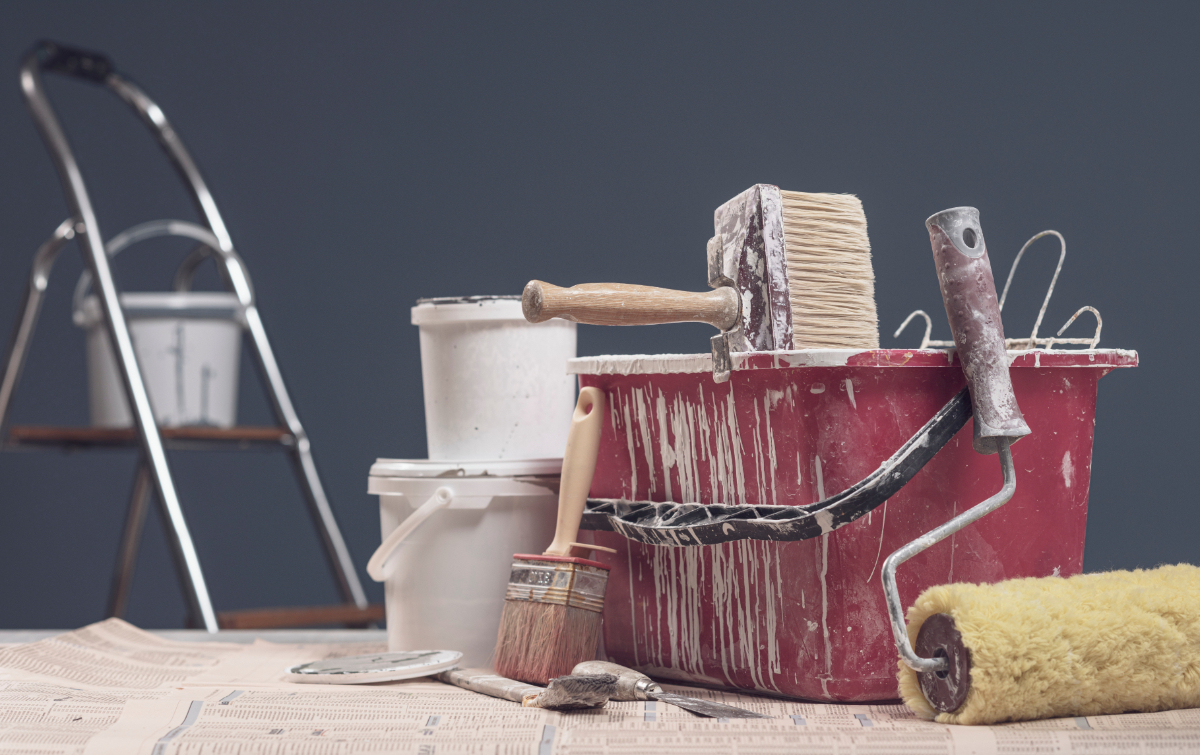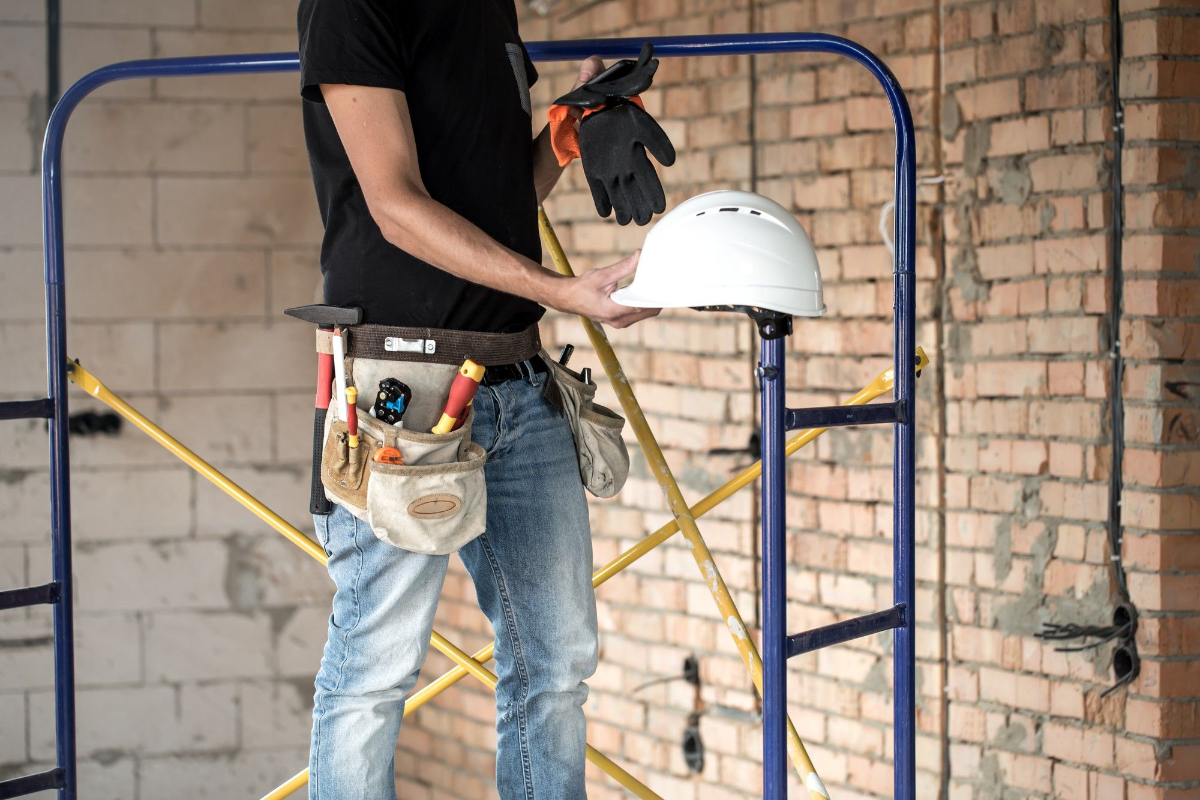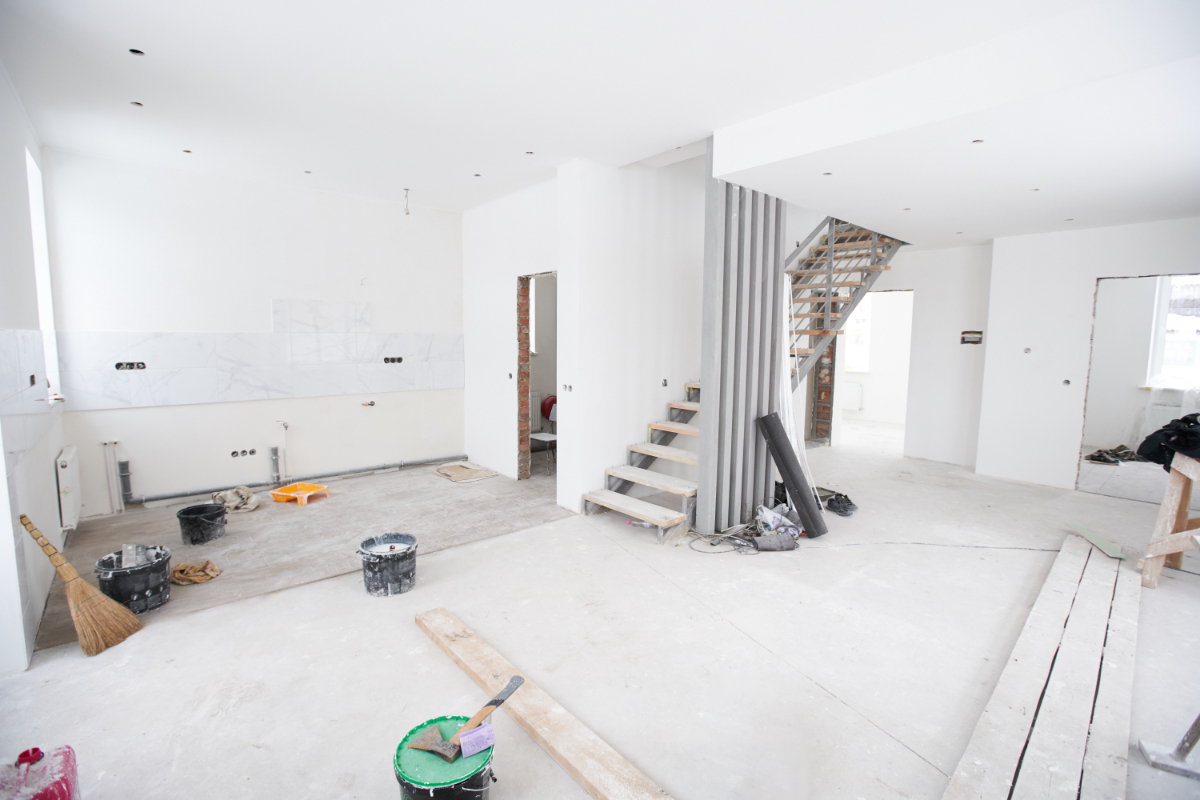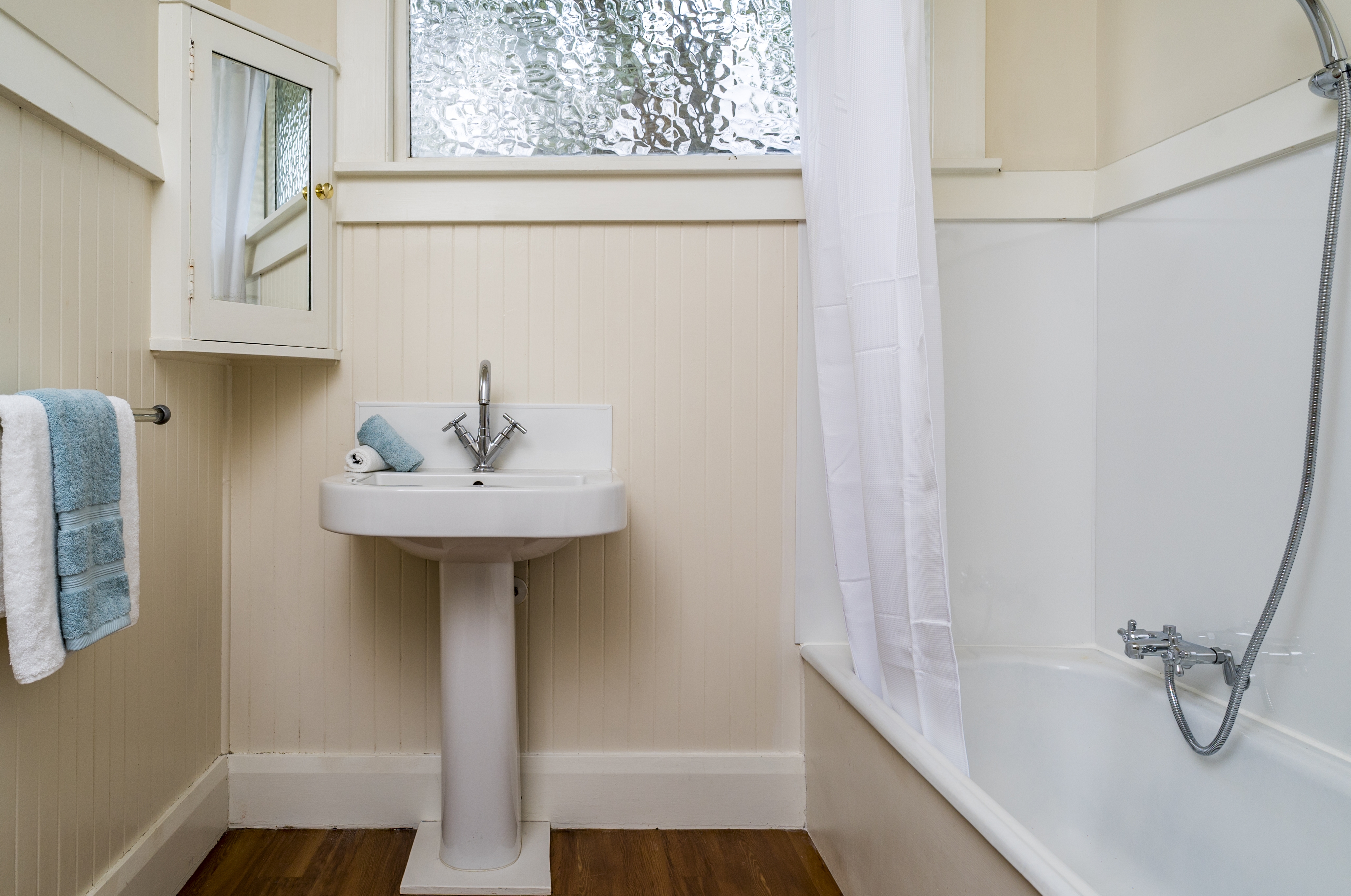Find out who needs property maintenance and why it's essential for various stakeholders. From homeowners and landlords to commercial property managers and real estate investors, discover how regular maintenance ensures safety and enhances property value.
Types of Buildings That Require Property Maintenance
From the busy cities to the quiet towns across the UK, a variety of buildings marks the landscape. These include commercial properties, residential houses, and fascinating historical structures. Each of these buildings requires consistent property maintenance to ensure they continue to be functional and visually pleasing.
Commercial properties such as offices, retail shops, and warehouses, depend on vital maintenance services to make sure they remain safe and suitable for both their clients and their employees. Tasks such as cleaning, plumbing, or mending damaged structures require routine checks.
Residential buildings encompassing flats, houses, and apartment complexes also require property maintenance. The aim is to keep these properties in a safe, clean, and welcoming state. For homeowners and tenants, living in a well-maintained property is comfortable and assuring.
Given their long-standing history and architectural intricacies, the upkeep of these buildings requires distinctive resources and skills. In conclusion, all building types necessitate property maintenance to sustain their value and ability to serve their intended function. Without maintenance, buildings are likely to lose their worth, both financially and aesthetically, over time.
Differences Between Building Maintenance and Property Maintenance
In the field of real estate management, the terms ' building maintenance' and 'property maintenance' are frequently used. It is important for both property owners and tenants alike to understand these terms as they are not, despite common belief, interchangeable.
They reflect dissimilar but equally important aspects of keeping a property inhabitable and attractive. Building maintenance predominantly focuses on the physical condition and structure of the property.
Examples of such maintenance would include routine tasks like plumbing, window repairs and electrical work. It can also extend to encompass more significant work such as roof repairs or the maintenance of structural integrity, which are all essential for the safety and functionality of the building.
Typically, the majority of these tasks fall under the landlord's purview, with the clear purpose of ensuring that their property remains in a habitable condition. Landlords might employ a dedicated team or outsource it to professionals to carry out these tasks.
Conversely, property maintenance considers not just the building itself, but the entire property. Therefore, this type of maintenance would involve tasks like mowing grass, trimming shrubs, maintaining gutters, and even cleaning communal areas in a rental property. Simple decorating jobs like painting and plastering might also fall under property maintenance.
It is essentially any work that contributes to keeping the property aesthetically appealing and pleasant to live in. Because property maintenance looks at the overall property, it's often a collective effort. Both tenants and landlords have roles to play to ensure that the property is well maintained.
For instance, while a tenant might be responsible for keeping the inside of the property clean and free from damage, the landlord would normally be responsible for maintaining communal areas and ensuring the outside space is tidy.
In conclusion, it's essential for tenants and landlords to appreciate the distinctions between building maintenance and property maintenance. This will assist in establishing clear responsibilities and expectations, thus fostering a positive tenant-landlord relationship and effectively conserving the property.
Examples of Property Maintenance
Property maintenance is a vast category that involves various tasks, with some being more common than others. To help give you a clearer understanding, we'll delve into some examples of these duties. An essential responsibility of landlords is regular property inspections.
This means routinely checking the property for early signs of potential problems, such as repairing faulty wiring or fixing leaky faucets. Regular inspections can help prevent small issues from becoming major headaches down the line.
Another significant part of property maintenance is swiftly responding to maintenance requests from tenants. A good property manager is proactive and addresses these issues promptly, demonstrating responsibility and a high level of care for the property and its inhabitants.
Furthermore, other chores that are often overlooked yet crucially important for maintaining a property's condition and value are window cleaning, gutter cleaning, and landscaping. Regularly doing these tasks can help prevent the deterioration of different property aspects. For example, leaving gutters unattended for an extended period could result in poor drainage, causing property damage and potentially high repair costs.
On the other hand, regular landscaping not only makes properties more aesthetically pleasing but can prevent problems like soil erosion. In summary, the role of property maintenance is multifaceted, involving a wide range of tasks. It requires a combination of proactive management, thorough inspection, and regular upkeep, which eventually contributes to preserving a property's value.
The Advantages of Property Maintenance
Owning a property that is well-maintained carries a multitude of benefits. The principal benefit is that it helps protect, and perhaps even enhance, the financial value of your property. Without adequate upkeep, a property's worth can decrease over time, negatively affecting your investment.
A commonly overlooked aspect of property maintenance is its influence on the overall visual appeal of your asset. A property that is in optimal condition naturally attracts attention for the right reasons. For landlords, this is essential as it lures potential tenants. A well-cared-for property provides a more appealing and enjoyable living space, thus retaining tenants and lowering the chances of vacancies, which in turn leads to a steady income stream.
For homeowners, maintaining a house to a high standard is a reflection of the pride they take in their property ownership. A beautifully presented house can serve as a significant source of joy, comfort and satisfaction. On the practical side, well-maintained homes require fewer costly emergency repairs, saving homeowners unforeseen financial pain.
Moreover, regular property maintenance is essential for ensuring safety standards. It can help identify and prevent potential risks, reducing instances of accident or injury. All of which further enhances the desirability and value of the property, safeguarding your investment and enhancing your overall property journey.

Who Is Responsible for Property Maintenance?
The question of who bears the responsibility for property maintenance is often one that is mutually agreed upon between the property owner and the tenant.
Typically, this is an arrangement that sees landlords taking care of larger-scale repair works and replacements. This might include fixing significant issues with the structure of the property, such as roofing or plumbing. It could also mean handling the replacement of sizeable appliances that have broken down or become faulty.
On the other hand, tenants also have their share of responsibilities when it comes to maintaining the premises. They are usually tasked with keeping the property in a clean and tidy condition.
Not only does this entail general daily cleaning, but it's important that they alert the landlord promptly if any damages or faults occur.
This early reporting can often prevent small issues from escalating into larger, potentially more expensive repairs. There are also routine tasks, such as lawn mowing or cleaning the windows, which are conventionally carried out by the tenant.
However, this is not a hard and fast rule, as sometimes these responsibilities are assumed by the landlord, particularly in certain rental agreements or depending on the nature of the landlord-tenant relationship.
Ultimately, a regular cycle of property maintenance can work in favour of both the tenant and the landlord. It can help avoid abrupt and costly repairs in the long run, maintaining the property's value and ensuring it remains a comfortable and enjoyable place to live. Balancing these responsibilities and costs forms a crucial part of the property management process.
A clear understanding and agreement between the landlord and tenant from the outset can save disputes and misunderstandings down the line. Having these responsibilities outlined in a written rental agreement can also provide a reference point when required, ensuring that any necessary maintenance and its associated costs are managed effectively and efficiently.
In short, regular property maintenance - whether it's carried out by landlords, tenants, or a combination of both - is essential not only for the property's upkeep but also for maintaining a harmonious landlord-tenant relationship.
Welcome to Manchester's premier property management and repair service! We specialise in ensuring your property stays in premium condition, offering comprehensive solutions for all your maintenance needs. Your property, our expertise – a perfect partnership.




